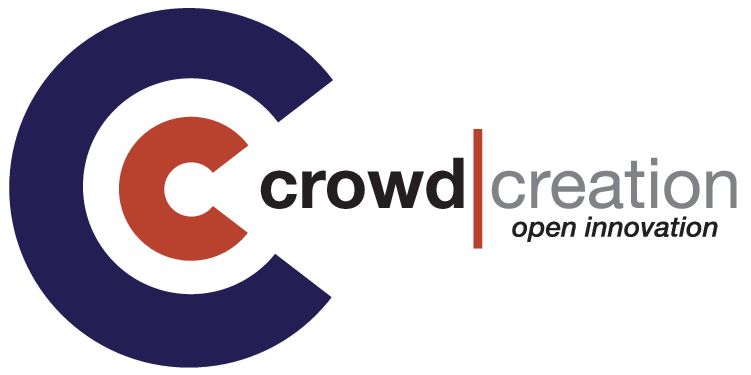Simplify & modernize - Update to Drupal 10 / Open Social 12

Online communities continue to gain in importance. With the latest version of the CMS Drupal, crowd-creation creates the conditions for performance, flexibility and barrier-free usability in the front end and code for users and administrators.
Experts have been predicting the decline of large online communities for a number of years, not least in light of the problems experienced by some of their most important representatives, which have been widely publicized in the media. The reasons for this are manifold and will continue to be the subject of social science research. At the same time, it is undisputed that online communities will continue to play a central role in information procurement, opinion-forming and decision-making, and even increasingly so. It can be assumed that increasing diversification will take place in the coming years, resulting in a growing number of smaller, thematically focused communities. A mixed picture is also likely to continue to emerge on the part of the players: In addition to communities founded specifically for commercial reasons and those that are run purely out of enthusiasm by people interested in a particular topic, companies are also playing a growing role. Above all, the recognizable added value for users will be decisive for their success. For them, communities are the ideal instrument for maintaining contact with interested parties and customers, for targeted and efficient marketing, and for reliably orienting their own offers to customer requirements. With the importance of online communities as such, the significance of the technical foundations is also growing. For both operators and users, aspects such as flexibility, security and usability are at the forefront of the growing selection of software platforms. In addition to basic security aspects and optimum performance, the required content management systems must, above all, enable individual design with little effort and guarantee operators and members an optimum user experience. As an open-source CMS, Drupal is the result of a community effort. Since the year 2000, a group of developers, designers, trainers, strategists, coordinators, editors and sponsors - now numbering more than one million members - has made a significant contribution to the continuous development of the platform. As one of around 40 Drupal service providers based in Germany, crowd-creation has also been supporting the development of the software since 2009 and assists community operators in setting up and operating their own social network, even beyond the recurring development stages of the software. "With the update to Drupal 10, we are once again providing our customers with a significantly modernized version of the proven system and bringing their communities up to date with the latest technology," explains Ullrich Neiss, Managing Director of crowd-creation GmbH. "In addition to tried-and-tested features, they will also receive numerous new functions and improvements that will make their websites even more powerful and user-friendly." One of the key new features of the update from Drupal 9 to version 10 is the adaptation to relevant technologies and system standards. Drupal 10 supports the PHP 8 scripting language and the JavaScript program library React. Drupal 10 also includes the update to version 6.2.6 of the Symfony web framework, a step that was urgently required for security reasons due to the end of life of version 4. Furthermore, Drupal 10 works with the WYSIWYG HTML editor CKEditor5, which, in addition to basic future-proofing, makes it easier to use by following the established look and feel of Microsoft Word or Google Docs.

